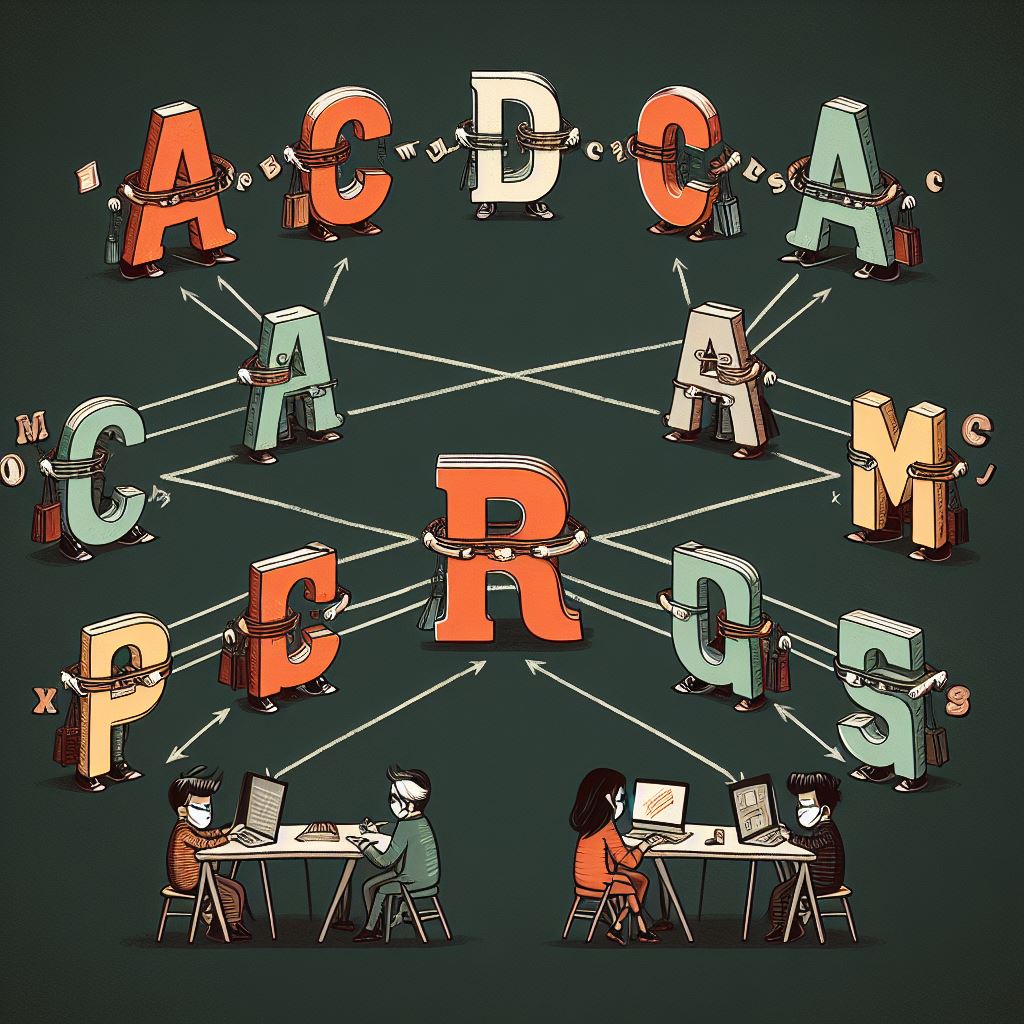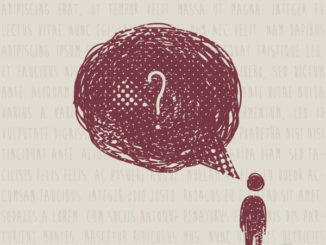If you are an experienced and honest student, you have probably encountered the concept of plagiarism, which teachers often use to scare students. However, plagiarism is not an empty word. For a good reason: it is not only a manifestation of academic and professional dishonesty but can also be illegal! In this guide, we will look at what plagiarism is and why you should consider avoiding it. Moreover, we will provide effective practical ways to prevent plagiarism and simultaneously improve your writing skills. Let’s get started!

What is plagiarism, and why is it so relevant?
There is an opinion that today, everything that could be invented has already been invented. However, this does not change the fact that people can use their cognitive abilities to generate unique content. Plagiarism means using thoughts, statements, intellectual conclusions, and authorship as one’s own. In simple words, if John invented a bicycle and Bill presented the idea as his own after him, Bill would have plagiarized the invention.
However, you are lucky that you live in a digital age! Nowadays, you cannot invent a bicycle because you can google it and find out that bicycles were invented hundreds of years ago. The same thing goes for academic plagiarism. There are a lot of different websites, tools, and services on the Internet that will help you check your paper for originality. In addition to plagiarism checkers, college students can turn to essay writing services like EssayHave. Professionals in academic writing certainly know all the rules of avoiding plagiarism and can help you in your academic endeavors.
By the way, the concept of plagiarism was not so popular until recently and was only prevalent in relatively narrow circles. Although students were always supposed to use only their own thoughts and ideas, they simply had no place to borrow from. With the development of Internet technologies, plagiarism has become one of the most pressing problems in academic writing. During the pandemic period, however, there was a boom, as students who transferred to distance learning were given much more freedom during exams and papers.
Why is avoiding plagiarism in academic writing important?
Avoiding legal and ethical concerns. Legal and ethical concerns are probably the strongest arguments that will motivate students not to plagiarize. Although it is not literally illegal to use other people’s work, the use of intellectual property can lead to liability. Not to mention that all institutions honor academic integrity. So, your plagiarized work can be invalidated at a minimum, and at the maximum, you can be expelled from the university or college.
Improving critical and logical skills. Let’s be honest: you came to an educational institution to study. Copying someone else’s ideas or the author’s direct speech does nothing to develop cognitive abilities. Avoiding plagiarism and leveraging your knowledge is exactly what you study for. By using your own synthesized knowledge, you will greatly improve your logical and critical skills and move up the academic path.
Maintaining academic and intellectual integrity. Any scientific endeavor, including your academic work, is an ongoing dialog in the scholarly environment through which science moves forward. As a future scientist, you should be able to participate honestly in this discussion, guided by the rules of plagiarism avoidance. As mentioned above, breaking these simple regulations can have serious consequences. And anyway, don’t you want to make your own unique contribution to science?
Practical tips on how to avoid plagiarism in academic writing
Well, we’re done with the theoretical part. Let’s move on to practice! Below, you will find four tips on how to avoid plagiarism in academic writing. These tips are specially arranged in such a sequence that you can use them as step-by-step instructions for writing your paper. Let’s get started.
Create an outline before writing a paper. It would seem that creating an outline for a paper cannot help avoid plagiarism. Well, it does! An outline basically allows you to organize your thoughts and future paper content, which is paramount for avoiding plagiarism. Most importantly, it enables you to plan the information you will be presenting and outline the places for quotations and the order of your thoughts. Creating an outline will allow you to avoid cases where you subconsciously resort to plagiarism to fill a gap in information. By mapping out the approximate structure of the text, you will feel much more confident and will use sources correctly and only where they are needed.
Do not look at sources when you are writing a paper. This advice may seem strange, but you’ll soon realize it. The essence of academic writing is to analyze and synthesize the information you read. This means that the paper should not be just a paraphrased version of the sources but your personal narrative. Obviously, if you have a textbook or article nearby and you attempt to write a paper as you read, you will only have a slightly altered version of the content. However, if you thoroughly examine the literature and then follow the outline, I guarantee you will get a unique piece of writing! Moreover, it’s a great way to test your knowledge and make sure that you’ve really mastered the topic.
Cite your sources properly. Let’s pretend you’re already writing your paper. Remember our first piece of advice? Specifically, the fact that you left room for citations while creating your outline. There is a lot of information on the topic that you can put in your own words, but there are certain facts that surely need to be cited. It absolutely doesn’t mean that you can’t use quotes in other places, but the initial layout leaves no chance to forget about citations. Moreover, the correctness of the quotations is what really matters. Review the guides and official recommendations of the formatting style you use to demonstrate your professionalism and academic integrity. Remember that citations show respect for the work of the scholars and scientists whose research you are using.
Use specialized plagiarism detectors. Phew, our paper’s ready. Wait, are we forgetting something? Of course, we did! The final stage of writing any academic paper is to check it for academic plagiarism. Various online tools are to your service to help you check your paper for originality. You can utilize either paid or free plagiarism checkers, but be sure, they either way will identify a direct text from the internet. As you have already realized, there are many easy methods that minimize the risks of plagiarism in academic writing. You just have to choose the most suitable one.
Plagiarism has become a pressing problem in modern scientific and academic fields. Due to the easy availability of information and the lack of actual control over its use, students often violate academic integrity. However, it is in your power to follow the rules and make an important and unique contribution to the advancement of science. Thanks to our guide, you can train yourself to write papers completely without the possibility of plagiarism. The most important thing to remember is that nothing is more valuable than your own thoughts and interpretation of the readings. Pick the topic and go right ahead!



Be the first to comment